Anyone that is shocked by the pushback by the Congressional Black Caucus against Congressman Byron Donalds (R-FL 19th) has not been paying attention to how race and politics have been misconstrued and ultimately misaligned with the best interest of America for some time now.
And if anyone really believes that this misuse of applying a racial lens to our national culture is doing us any good, they simply miss how much this continued dysfunction of ingenuity has been harming the Civil Rights Movement of the 21st Century in a way that completely misinterprets and disrespects the successful movements within the previous 2 centuries.
With most other items concerning race in our society, there continues to be a tragic blurriness that clouds our collective ability to focus on the goals of diversity, the need for healing, and the requirement of civic equality regardless of color, culture, and socioeconomic background. Whether we use any emotionally-driven tool with the construct of a systemic calamity such as legacy racism, the results – even the best interest of results – are bound to fall short.
Affirmative Action was never intended to be a bean-counting quota system of ensuring that each makeup of television commercials, roster of factory workers, or enrollment in leading universities was comprised akin to the exact percentages of American society. It was a policy and philosophy designed to ensure those that were previously pushed out of opportunities due to race, gender and culture were no longer vulnerable to any discriminatory practices. People that oppose Affirmative Action wrongly believe that C-level high school students have been admitted to Harvard since the 1970s. People that irresponsibly extol Affirmative Action believe that others that belong in positions of achievement did not earn those accolades and got them solely through privilege. Both perspectives corrupt the true intent of Affirmative Action.
Critical Race Theory – in its purest application – is a line of thinking designed to show Americans how our society has played out over the years, viewing the evolution of “The Great Experiment” through the eyes of the most chronically oppressed portion of the population; (i.e., no other group of people can claim enduring the experiences of 300 years of chattel slavery, 100 years of apartheid, and 40 years of school-to-prison pipeline like African-Americans have endured). The challenge of CRT was never to include falsifying the intent or originating facts of American History. The promise of thinking through the prism of inclusion was never to replace one reality with another, knowing full well that the complexity of the American melting pot comes with the stirring up of successes and scars alike all throughout our story. Many of those that hate CRT without any understanding of its best intent or the need for a more robust understanding of the complexity that is America often also eschew talk of diversity with shallow talk of “color blindness” that leaves them blind of empathy or facts. Many of those that embrace the morphed version of the theory seek both the benefits of an empowering dynamic that America offers yet within some alternate universe where the best of America exists – just without White people, as if diversity without Whiteness is a better – or complete – definition of “diversity”.
The same premise can be said for the Congressional Black Caucus: an organization with the best of intentions at a time of critical need to attack the challenges facing Black people in America has steered into a ditch of hyper-partisanship, policy narrow-mindedness, and tabloid bickering – all behaviors that usurp the mission of the founding members and the opportunity to leverage all aspects of the body politic to heal Black America.
Debate encourages further discussions. Constructive conflict can foster continued growth. Long-term gains cannot be secured with short-term wins such as blocking membership based on hard feelings or misunderstandings. The members of Congress certainly do not agree on everything – and, surely, even the full membership of the Congressional Black Caucus do not agree on every issue in the same manner. Sadly, they have forgotten that perhaps their gathering – in a bi-partisan fashion – could be contentious on 99% of the issues but historic in its vision and success on the 1% that can change American history for the better for 50 years. Political leadership is not the existence of loving friendships, after-hours parties, or flowery compliments. The type of leadership that is necessary for Black America – and, dare I say, all of America in the post-2020 world of pandemic woes, economic healing, academic gaps, and racial reckoning – is one where the ever-present and hyper-focused goal is the obtainment of a few key achievements that can save a generation of students that are disproportionately left behind in schools, underserved in the economic marketplace, and mortally wounded or destroyed by urban scourges including a spike in gun violence and an outsized impact from COVID-19. That focus should be the key – not whether a Republican supported Donald Trump.
MLK and Jackie Robinson worked with – and took on – everyone from Eisenhower to Kennedy to Goldwater to Johnson to Nixon. The inability for the CBC to do the same today – using the cover of “diversity” in the meanwhile – is more of a sign of the times concerning why “diversity” is increasingly tearing us further apart in America, even as our nation gets more diverse by the day. And until we re-define the word “diversity” – and re-define what our goals should be within our ever-evolving America – even what seems to be good intentions on our horrible Original Sin will remain a stain that blots out the Son in our homeland.
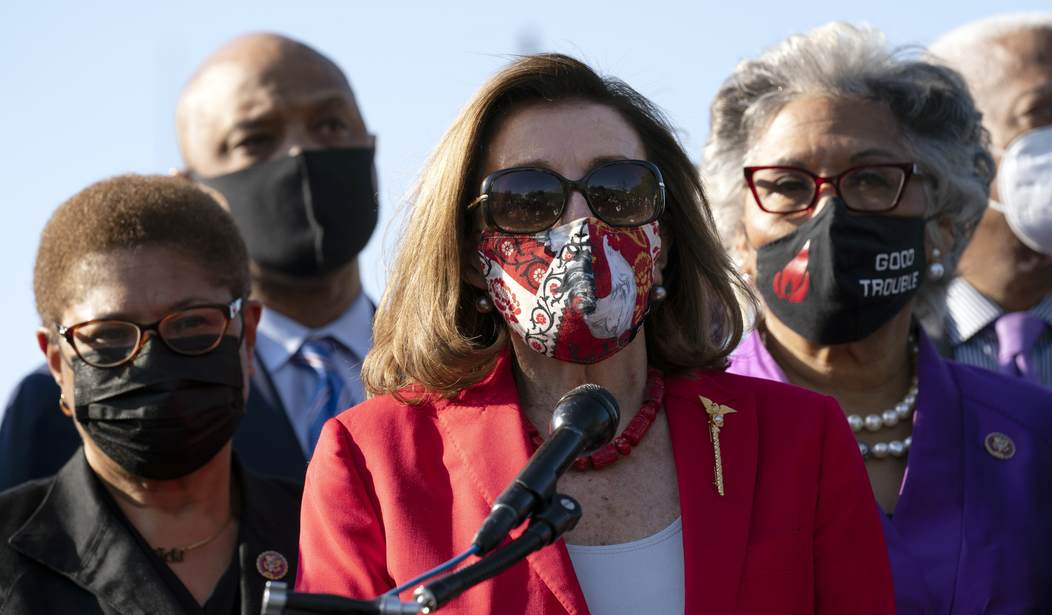

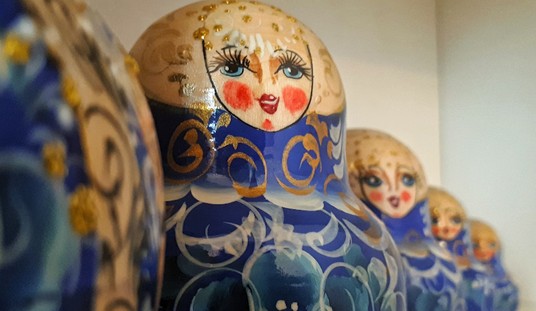


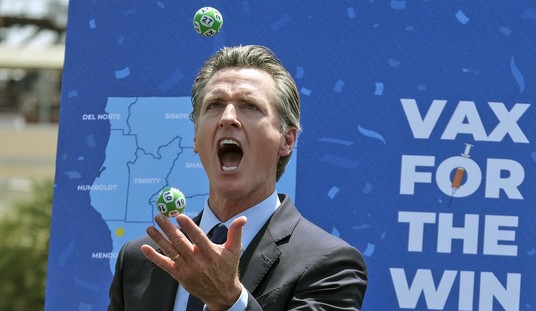


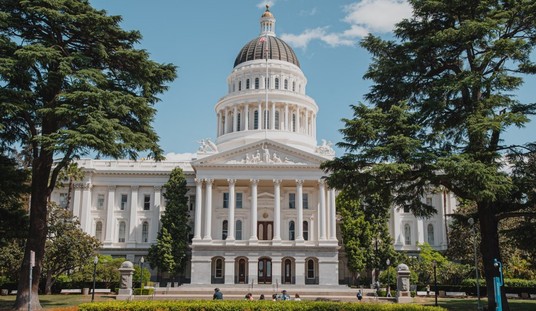

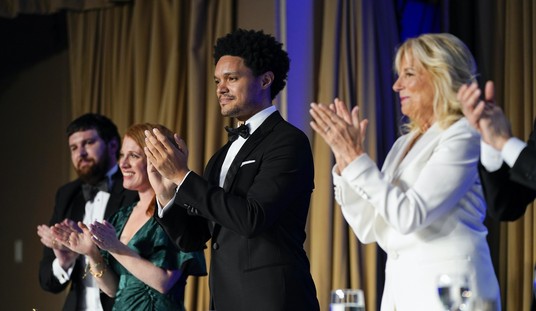
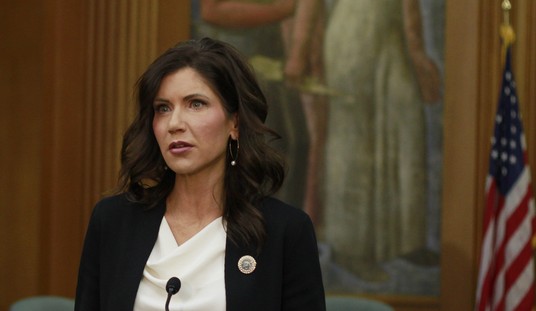

Join the conversation as a VIP Member